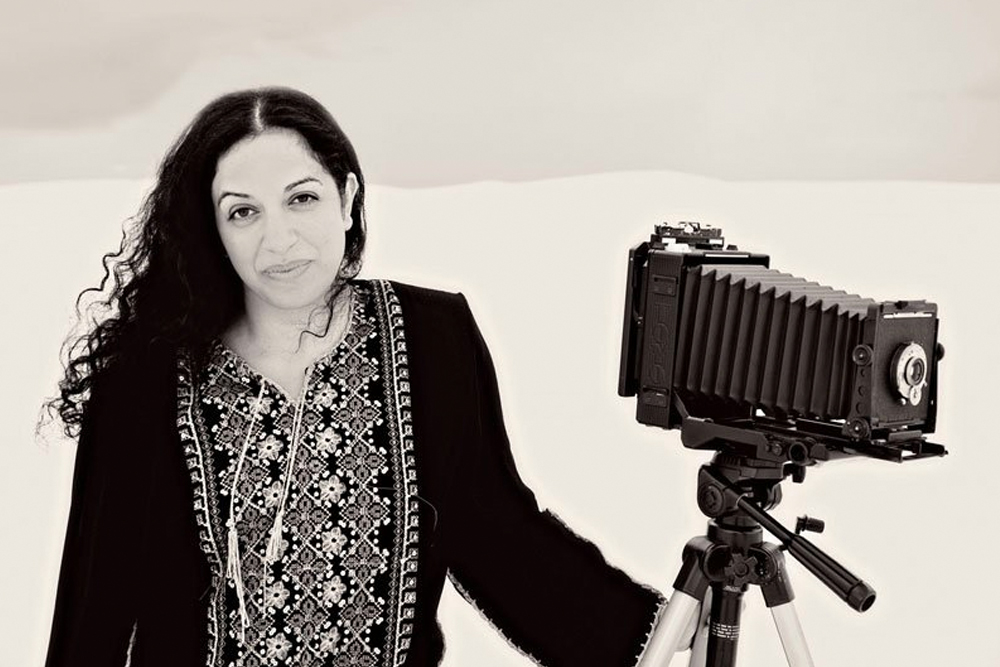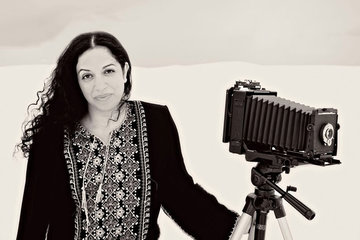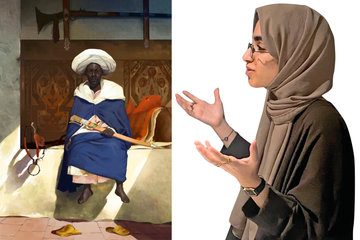
Sama Alshaibi, an artist and educator hailing from Basrah, Iraq, and raised by an Iraqi father and a Palestinian mother, has cultivated a multifaceted career over two decades, primarily centered around the mediums of video, photography, and performance art. The tumultuous backdrop of the Iran-Iraq war in the 1980s propelled Alshaibi and her family across various Middle Eastern locales including Saudi Arabia, the UAE, and Jordan, before finally settling in the heart of the American Midwest during her adolescence.
Reflecting on her upbringing in the United States, particularly in the relatively homogenous environs of Iowa, Alshaibi acknowledges both the strangeness and the warmth she encountered as a member of a conspicuously "different" family. Yet, she also recalls encountering challenges, particularly shaped by the geopolitical currents of her origins. Despite these hurdles, Alshaibi's artistic journey has been deeply shaped by her Arab heritage, with a familial appreciation for the arts serving as a foundational influence. Her father, an enthusiastic photographer, imparted the craft to her, nurturing her early aspirations of becoming a photojournalist, inspired in part by the groundbreaking work of African-American photographers like Carrie Mae Weems and Lorna Simpson.

Alshaibi's body of work often serves as a canvas for exploring and challenging prevailing narratives about Arab women. Through evocative self-portraits adorned in traditional Middle Eastern attire, she confronts and overturns Orientalist clichés, wielding her art as a tool for redefining cultural representations. At the heart of her work is the series "Carry Over," wherein she symbolically bears burdensome objects reminiscent of Orientalist imagery, imbuing them with layers of meaning that speak to endurance, cultural inheritance, and the lingering effects of colonialism.

Her artistic pursuits are imbued with a profound exploration of aftermath, probing the repercussions of environmental destruction and cultural displacement. Through her lens, Alshaibi prompts viewers to grapple with the intangible losses incurred by communities in the wake of historical traumas. In essence, her work serves as a testament to the power of art as a means of communication and activism, capable of challenging entrenched narratives and fostering deeper understanding of complex social and political issues.

















